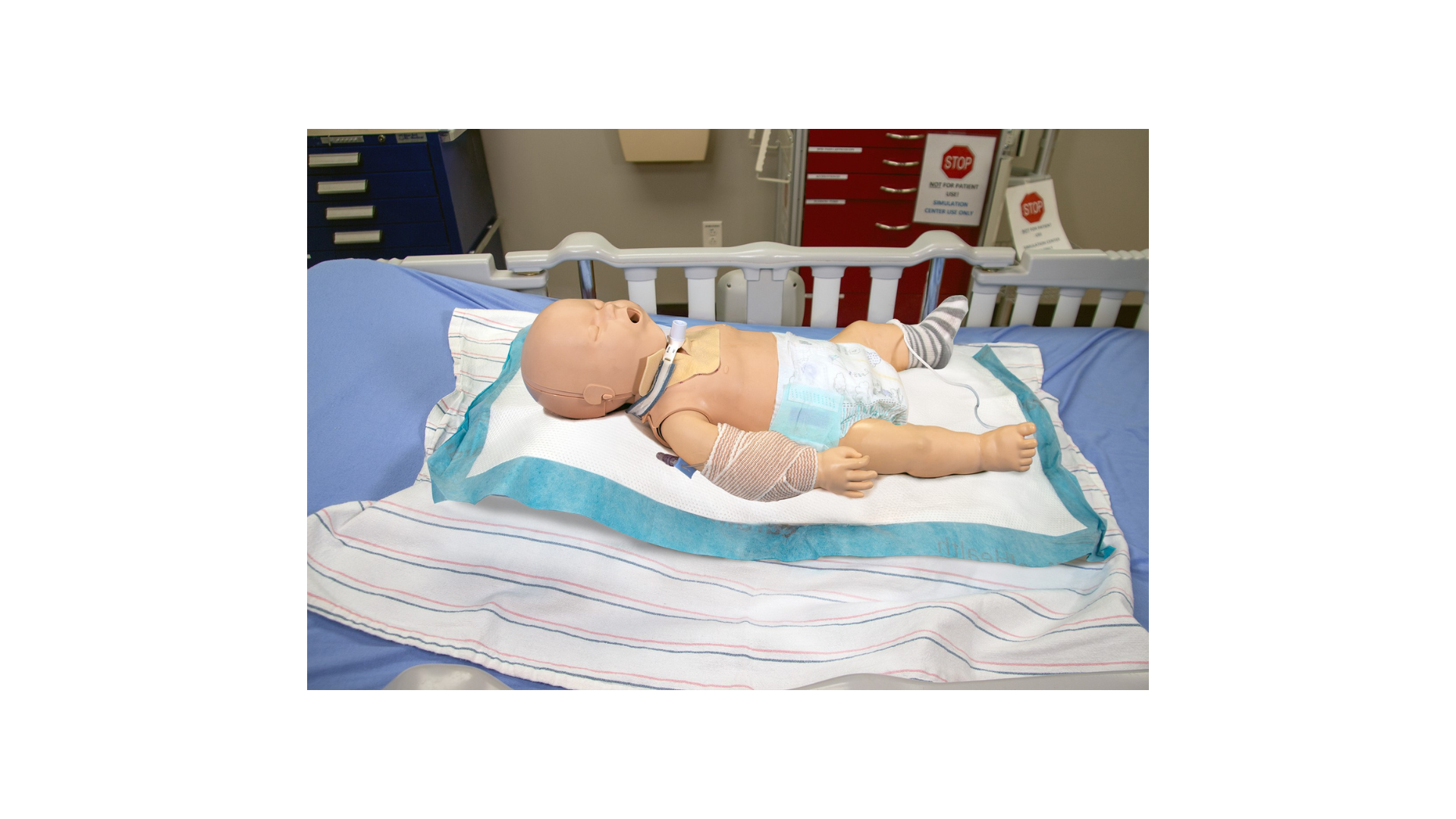Give Yourself a Professional Treat – Attend a Wound Care Conference!
March 23, 2016
I just finished attending my first professional conference of the year. It was a combined meeting of the Wound Care Institute and the South Central Region of WOCN. Since becoming certified as a wound, ostomy and continence nurse, I have always contended that important components of professional practice include maintaining membership in your professional society as well as a commitment to lifelong learning.
I like to believe that I am a good nurse and that my nursing colleagues are all also good nurses with a similar commitment to their profession. I do have to admit that as excited as I feel about attending a wound care conference, I always approach the trip with a blend of both positive and negative concerns. There are always arrangements to be made, chores to be completed and packing, just to name a few obligations. Without question, the opportunity to attend a clinical conference is a special gift that outweighs any negative.
Barriers for Nurses in Attending Conferences
In the current state of health care, there are too many nurses who are not able to routinely attend a regional or national clinical conference. I believe that every specialty nurse should try to attend a conference annually. Specialty areas of nursing such as wound care are rapidly evolving and the best way to keep abreast of advancements is through conference participation. Sadly, too many of my peers have little or no support to attend professional conferences and miss out on these opportunities for personal enrichment and growth.
Granted, there are a number of visionary employers who recognize the value of continuing education and appreciate their nurses participating at a regional or national conference. They not only encourage their specialty nurses to participate, but they facilitate making attendance a reality. They understand the value in "paying it forward". Well-prepared nurses are better equipped to meet the challenges of their jobs, overcome obstacles and mentor others. The BEST employers cover the entire expense including time off, while others may only cover a portion of the expense.
Unfortunately, there are employers who do not support conference attendance and the loss is theirs. I would imagine that a corollary exists with lower job satisfaction scores and lower patient satisfaction scores. Knowledgeable employers understand what it takes to elevate the care that their nurses are able to provide. It serves as a recognition and reward for the daily excellence that they deliver while investing in the continuation and expansion of their efforts. Good employers appreciate the unique benefits that a certified specialty nurse brings to their health care facility. They are committed to recruiting the best of the best and once that is done, retaining them for all that they offer.
Clearly, attending a regional or national educational conference is a wonderful opportunity. Vetted speakers, clinical poster presentations, vendors, samples and networking are all among the positives. Learning happens in both formal and informal settings. Conferences allow me to reconnect with long-term nursing colleagues and make new friends. Lectures and learning opportunities empower nurses with the most current knowledge. After attending a conference, most nurses are energized and engaged; they share this excitement with their teams, patients, and facility. Downtime lends to animated conversations with peers that spark ideas for practice innovations.
The principle negatives revolve around time and money. Time is one of our most valuable resources. The time spent at an educational conference is time away from home and family. Initially, a few days away from work may sound very attractive. Sadly, for so many clinicians, they are unable to completely escape. They may have to field phone calls while away and/or return to a surplus of work that no one else had been available and/or willing to address. It is amazing how that "post conference glow" can quickly fade if there has been no one to fill their shoes while they are away. Even in a less than perfect situation, the positives clearly outweigh the negatives.
What You Can Learn at Clinical Conferences
Speakers introduce new information and expand on the knowledge that you already have. I always learn. A speaker may be addressing a new topic for me or it may be a topic that I am fairly familiar with or even a subject that I have previously taught…but there is always something to learn. Most speakers will share short cuts, pearls for better practice and resources to simplify practice. A number of these resources are online and FREE. An added benefit of most conferences is the poster hall. Personally, I love clinical posters. They may share a novel approach to managing a problem, a compelling case study, a case series, or report on more formal research. We always hear that the "Gold Standard" for research is the Randomized Control Trial (RCT). Some serious researchers will look at posters with disdain since most fail to reach the pinnacle of the RCT. A case study or case series, after all, is just not REAL research. I contend that a case study or case series are really seeds for additional research. These projects generate thought and questions and engage viewers with the authors.
The wound care conference that I just completed was like most and came with a robust exhibit hall. Time with vendors can be invaluable. Granted, clinicians may be so informed about specific products and vendor lines that they could do the "sales pitch" when prompted, but again, there is so much to learn, including new ways to use a product. New products come with a touch of excitement and even a newly developed product that is comparable to an existing one may offer cost savings.
The American Nurses Association's (ANA) revised Code of Ethics addresses these same values in several statements. Provision 5 addresses a nurse's duty to self and specifically addresses maintaining competence, as well as personal and professional growth, while Provision 7 formally addresses every nurse's duty to contribute to research and scholarly inquiry.
I know and you know the importance of obtaining formal ongoing education. The ANA sets the standard for nursing as "non-negotiable". Don't miss the opportunity; make it happen and find the time, money, and support to attend a regional or national conference this year. What you learn could change a life…your patient's and your own.
About the Author
Diana Gallagher has over 30 years of nursing experience with a strong focus in wound, ostomy, continence, and foot care nursing. As one of the early leaders driving certification in foot care nursing, she embraces a holistic nursing model. A comprehensive, head to toe assessment is key in developing an individualized plan of care.
The views and opinions expressed in this content are solely those of the contributor, and do not represent the views of WoundSource, HMP Global, its affiliates, or subsidiary companies.











